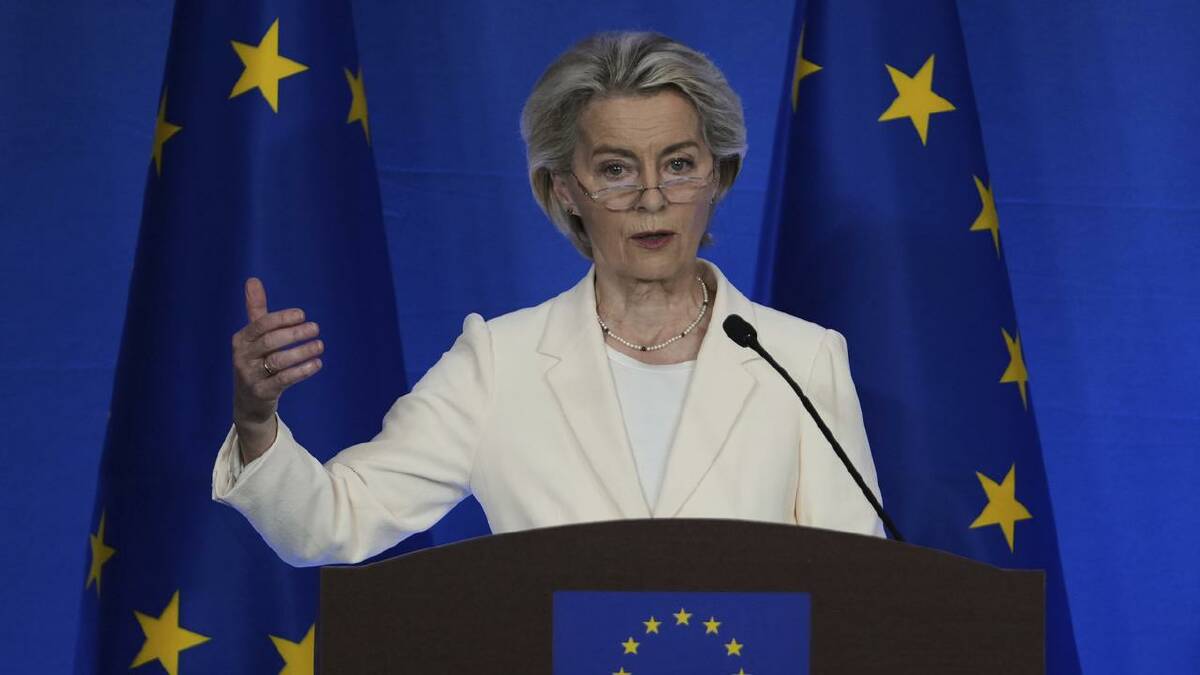
EU Commission President Ursula von der Leyen has headed to Scotland ahead of a meeting with US President Donald Trump, as speculation mounts of a trade agreement.
Subscribe now for unlimited access to all our agricultural news
across the nation
or signup to continue reading
See subscription optionsTrump, in Scotland for a few days of golfing and bilateral meetings, told reporters upon his arrival on Friday evening that he was looking forward to meeting with von der Leyen, calling her a "highly respected" leader.
He repeated his view that there was a 50-50 chance that the US and the 27-member European Union could reach a framework trade pact.
He added that Brussels wanted to "make a deal very badly".
If it happened, he said it would be the biggest trade agreement reached yet by his administration, surpassing the $US550 billion ($A826 billion) accord agreed with Japan last week.
The White House has released no details about the planned meeting or the terms of the emerging agreement.
The European Commission on Thursday said a negotiated trade solution with the United States was within reach, even as EU members voted to approve counter-tariffs on 93 billion euros ($A164 billion) of US goods in case the talks collapse.
To get a deal, Trump said the EU would have to "buy down" that tariff rate, although he gave no specifics.
EU diplomats say a possible deal between Washington and Brussels would likely include a broad 15 per cent tariff on EU goods imported into the US, mirroring the US-Japan deal, along with a 50 per cent tariff on European steel and aluminium.
The broad tariff rate would be half the 30 per cent duties that Trump has threatened to slap on EU goods from August 1.

It remains unclear if Washington will agree to exempt the EU from sectoral tariffs on cars, pharmaceuticals and other goods that have already been announced or are pending.
Combining goods, services and investment, the EU and the United States are each other's largest trading partners by far.
The American Chamber of Commerce in Brussels warned in March that any conflict would jeopardise $US9.5 ($A14.3) trillion of business in the world's most important commercial relationship.
Australian Associated Press

